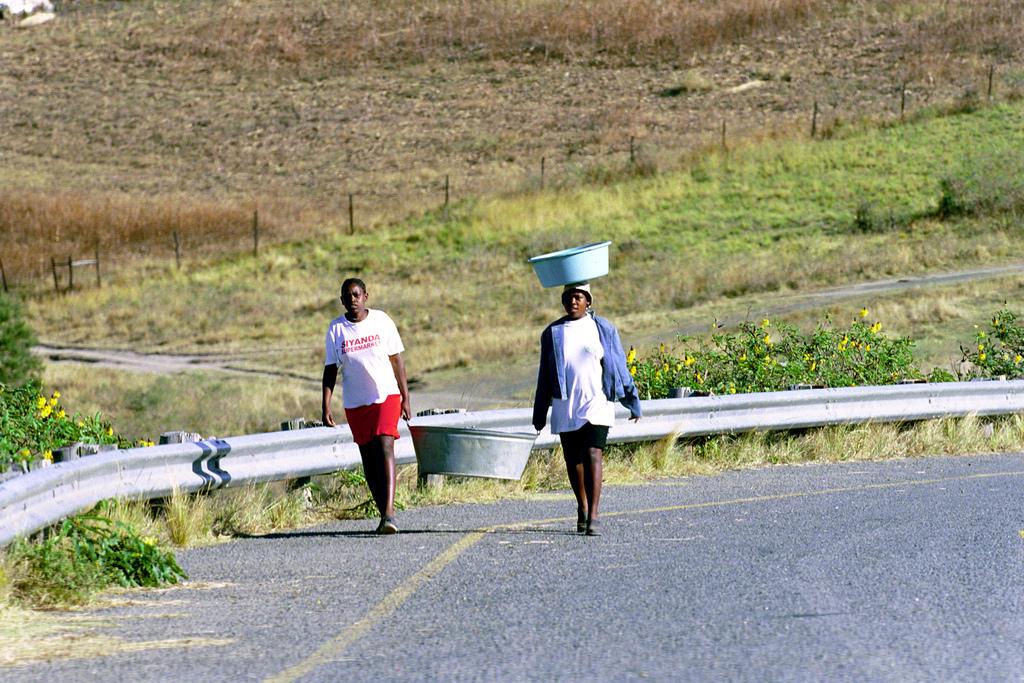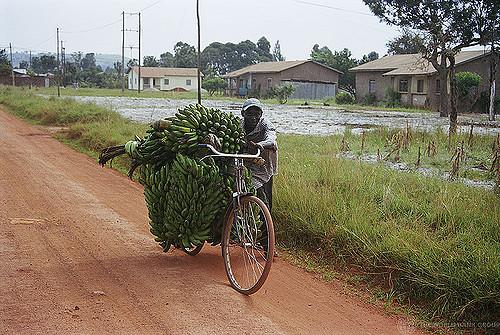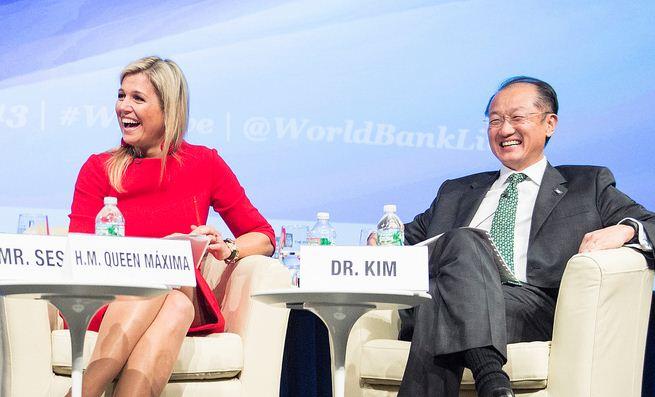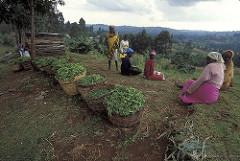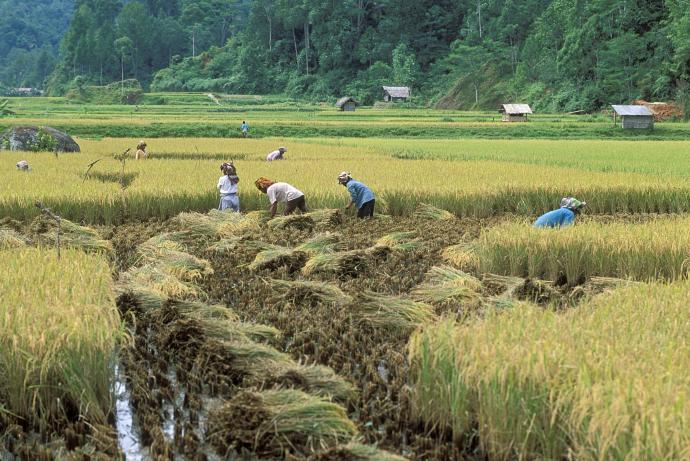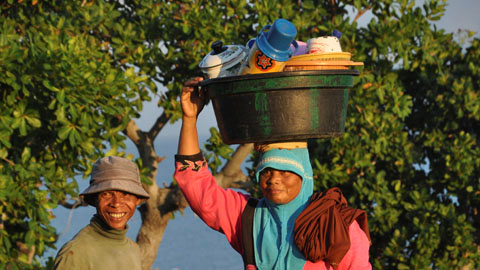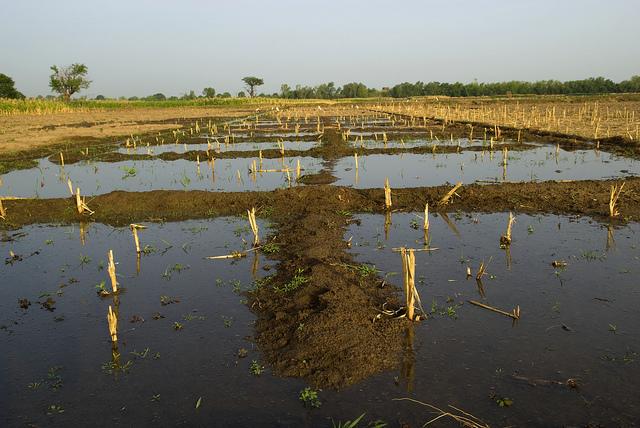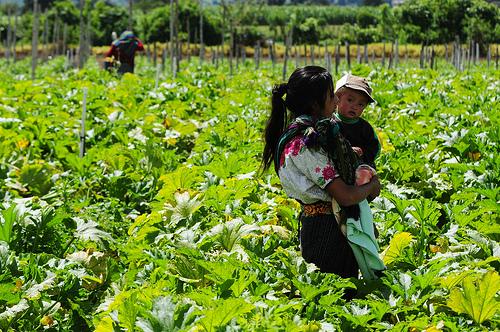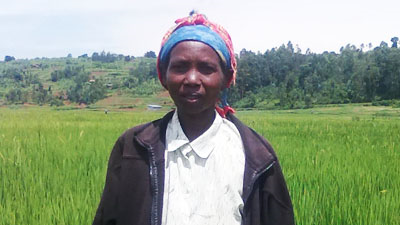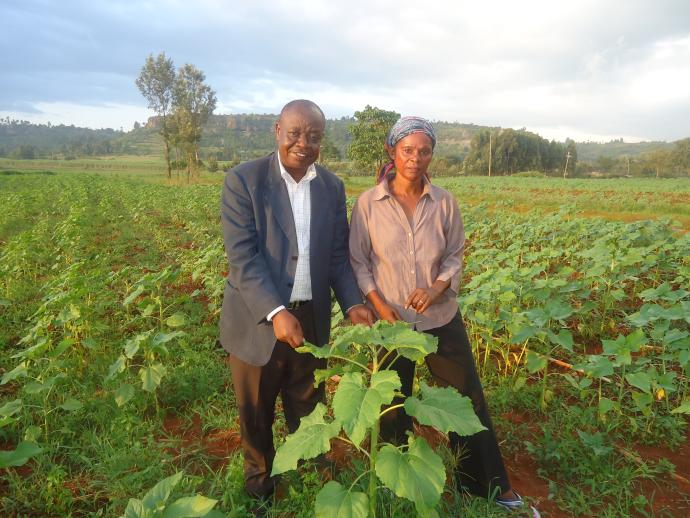
Content owner:
ACRE Africa Case Study
Topics:
In a case study, GIIF's Partner ACRE Africa reports that the project has helped Edward and Pauline Mkopi in Kenya protect their crops with weather index, area yield, and hybrid insurance. After several seasons of drought and excess rainfall, the Mkopis say "they now confidently invest in their maize and sunflower farm because they know they are insured against all kinds of risk." They also feel confident in working with ACRE Africa because the product relies on accurate data to determine how to do payouts.

